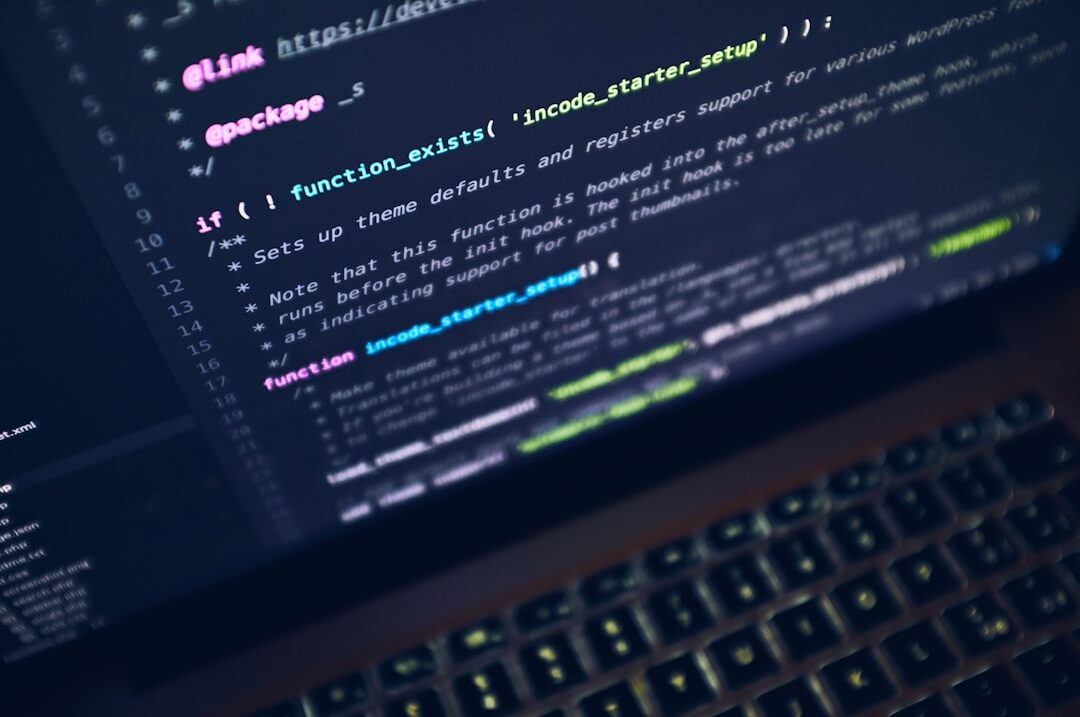Software Engineer Interview Questions 2025: Nail the Technical Coding Round with Confidence


Start Practicing for Free →
Decoding the Technical Coding Round: What’s Really Being Tested?
The technical coding round isn’t just a test of your ability to code—it’s a deep dive into how you solve problems, communicate under pressure, and apply fundamental concepts. Whether you’re a new grad, a mid-level software engineer, or a career changer, this round is your proving ground.
Here’s what interviewers are really looking for:
- Problem-Solving Approach: How do you break down complex tasks?
- Coding Fluency: Are your solutions efficient, readable, and correct?
- Communication Skills: Can you explain your thinking clearly?
- Time Management: Do you deliver under pressure?
- Adaptability: How do you handle unexpected questions or feedback?
Tools like Huru.ai simulate these high-stakes scenarios, providing instant feedback to help you iterate and improve until you’re truly interview-ready!

The Essential Coding Topics You Must Master in 2025
While every company and role varies, most technical interviews still revolve around these core areas:
- Arrays & Strings
- Linked Lists
- Trees & Graphs
- Stacks & Queues
- Hash Tables
- Searching & Sorting Algorithms
- Dynamic Programming
- Bit Manipulation
- Object-Oriented Programming
- System Design (for senior roles)
Why focus here? Because these are universal fundamentals—mastering them lets you adapt to almost any coding challenge thrown your way. Need structured practice? Try the Cracking the Coding Interview – Huru.ai’s Guide for Software Engineers.
💡 Key Takeaway
Focus on problem-solving patterns (e.g., sliding window, recursion, backtracking). These recur across companies and roles—spotting them quickly is your secret weapon.
Top 15 Software Engineer Coding Interview Questions (with Answers)
Below are some of the most-asked technical interview questions in 2025—plus concise strategies to ace them:
| Question | What They’re Testing | Quick Strategy |
|---|---|---|
| Reverse a Linked List | Data structure understanding, pointer manipulation | Iterative and recursive approaches; explain time/space complexity |
| Detect a Cycle in a Graph | Graph traversal, DFS/BFS | Use visited set; explain DFS approach |
| Merge K Sorted Lists | Heap/priority queue usage | Explain and use min heap for efficiency |
| Implement LRU Cache | System design, data structure (hash map + doubly-linked list) | Discuss trade-offs, O(1) ops |
| Find the Largest Subarray Sum | Dynamic programming | Kadane’s Algorithm; linear time |
| Binary Search on a Sorted Array | Algorithmic efficiency | Iterative/recursive; O(log n) complexity |
| Design a URL Shortener | System design | Discuss hashing, scalability |
| Check for Balanced Parentheses | Stack utilization | Use stack; linear scan |
| Implement QuickSort | Sorting algorithms, recursion | Pivot selection, recursion depth, in-place sorting |
| Find Missing Number in Sequence | Mathematical logic | XOR trick or sum formula |
| Clone a Graph | Graph traversal, hash maps | Hash map for visited nodes; BFS/DFS |
| Find Top K Frequent Elements | Hashing, heap | Hash map, min heap |
| Serialize and Deserialize a Binary Tree | Tree traversal | BFS/DFS, string manipulation |
| Count Islands in a Matrix | DFS/BFS, matrix traversal | Mark visited, handle edge cases |
| Implement Singleton Pattern | OOP, design patterns | Thread-safety, lazy instantiation |
Want more real-world coding questions and in-depth walkthroughs? Visit our Cracking the Coding Interview Guide.
How to Answer: Frameworks for Explaining Your Solution
Interviews are not just about getting the right answer—they’re about showing your process. Here’s a step-by-step communication formula that will set you apart:
- Restate the Problem: Confirm your understanding—paraphrase it in your own words.
- Ask Clarifying Questions: Don’t assume! Check edge cases, constraints, and input/output formats.
- Discuss Approach: Outline multiple solutions—compare trade-offs before coding.
- Pseudocode & Dry Run: Sketch your algorithm and walk through sample inputs aloud.
- Write Clean Code: Comment as you go, maintain legibility.
- Analyze Complexity: Explain time and space requirements (Big O).
- Test & Optimize: Check for bugs, handle edge cases. If time permits, optimize!
Practice explaining your approach with Huru.ai’s instant feedback to get even sharper!
Live Demo: Watch a Coding Interview in Action
Seeing is believing. Here’s a recommended walkthrough video on how to approach coding interview questions, narrated by an expert.
(For latest, search YouTube for “Software Engineer Coding Interview 2025” by leading channels like freeCodeCamp or TechLead.)
💡 Pro Tip
After every practice session, review your feedback (even for correct answers). Instant AI feedback on Huru helps you spot improvement areas fast!
Common Pitfalls That Derail Even Great Coders
Even the best candidates make mistakes! Avoid these all-too-common traps:
- Jumping into code before planning. Always outline your logic first.
- Forgetting edge cases. Ask about constraints and tricky inputs.
- Not communicating enough. Speak your thought process—don’t go silent!
- Ignoring time/space complexity. Always address Big O in your answer.
- Poor time management. If stuck, explain your reasoning and attempt a partial solution.
Practicing on Huru.ai helps you identify and fix these habits before the real interview.
Beyond Code: Behavioral & System Design Questions
Don’t neglect the non-coding rounds! Expect questions like:
- “Describe a time you solved a conflict in a team.”
- “How do you prioritize speed vs. code quality?”
- “Explain a challenging bug you fixed and how you approached it.”
- “How would you design a high-availability system for millions of users?”
These questions assess collaboration, architecture thinking, and growth mindset. For more, check our Technical Program Manager Interview Questions Guide.
Master Your Interview Mindset: Stress-Management & Confidence Hacks
Success isn’t just about knowledge—it’s also about mental readiness:
- Practice under realistic pressure. Use a timer for each practice question.
- Simulate the real interview environment (minimal distractions, verbal explanations).
- Review every mistake as a learning opportunity—not a failure.
- Visualize success: Picture yourself calmly solving problems.
Did you know? Huru.ai provides unlimited timed mock interviews and AI-powered feedback—so you’ll walk in cool, collected, and prepared!
💡 Final Thoughts
The coding round may be tough, but with the right prep, you can absolutely ace it. Use Huru.ai to practice smarter, not just harder. Good luck—you’ve got this! 🚀
About the Author
Elias Oconnor is a seasoned content writer at Huru.ai, specializing in tech careers and AI-powered interview preparation. Elias is passionate about helping job seekers transform anxiety into confidence—one interview at a time.


 Jul 02,2024
Jul 02,2024  By Elias Oconnor
By Elias Oconnor